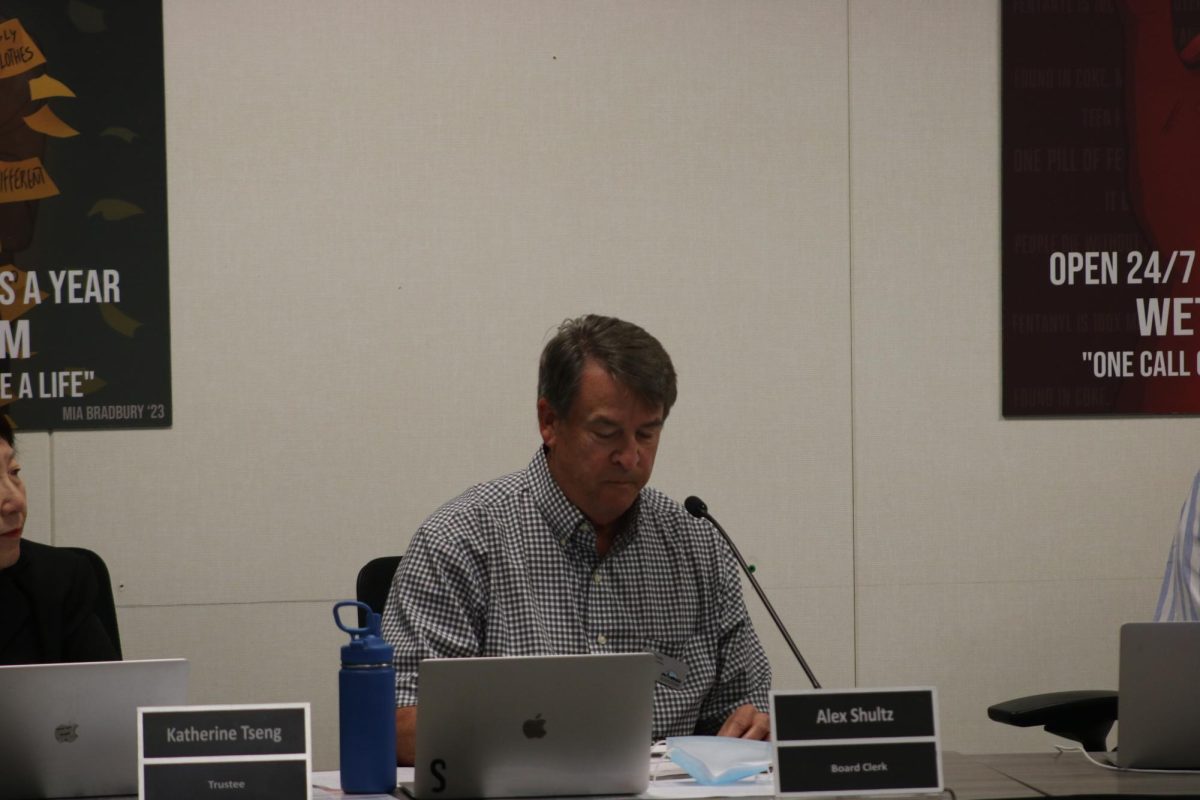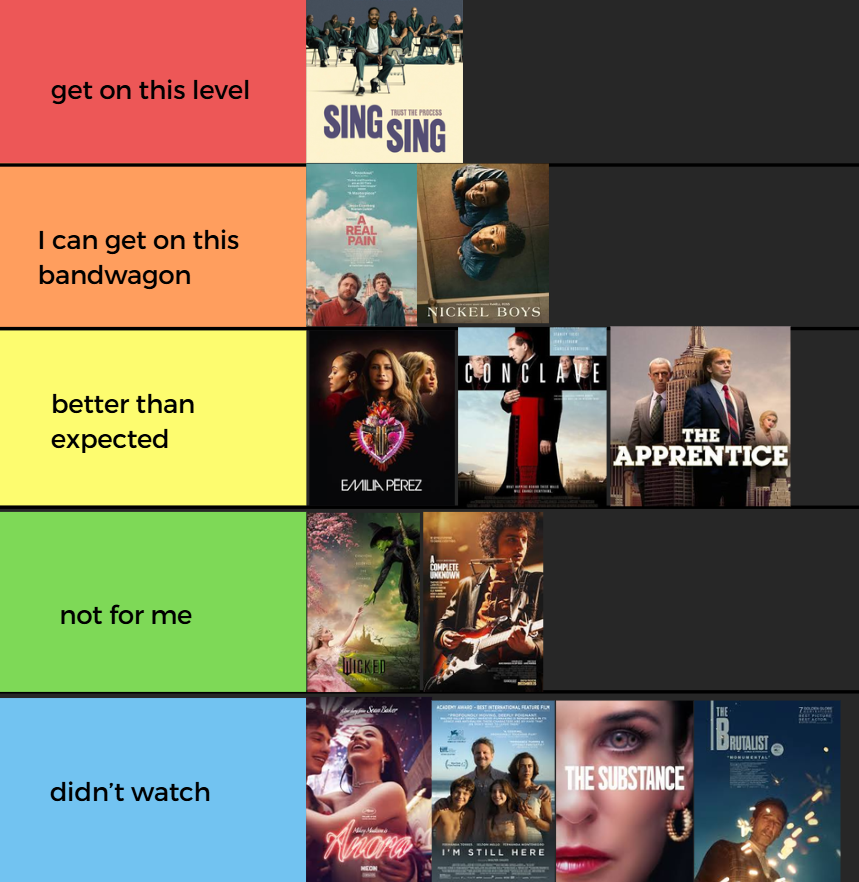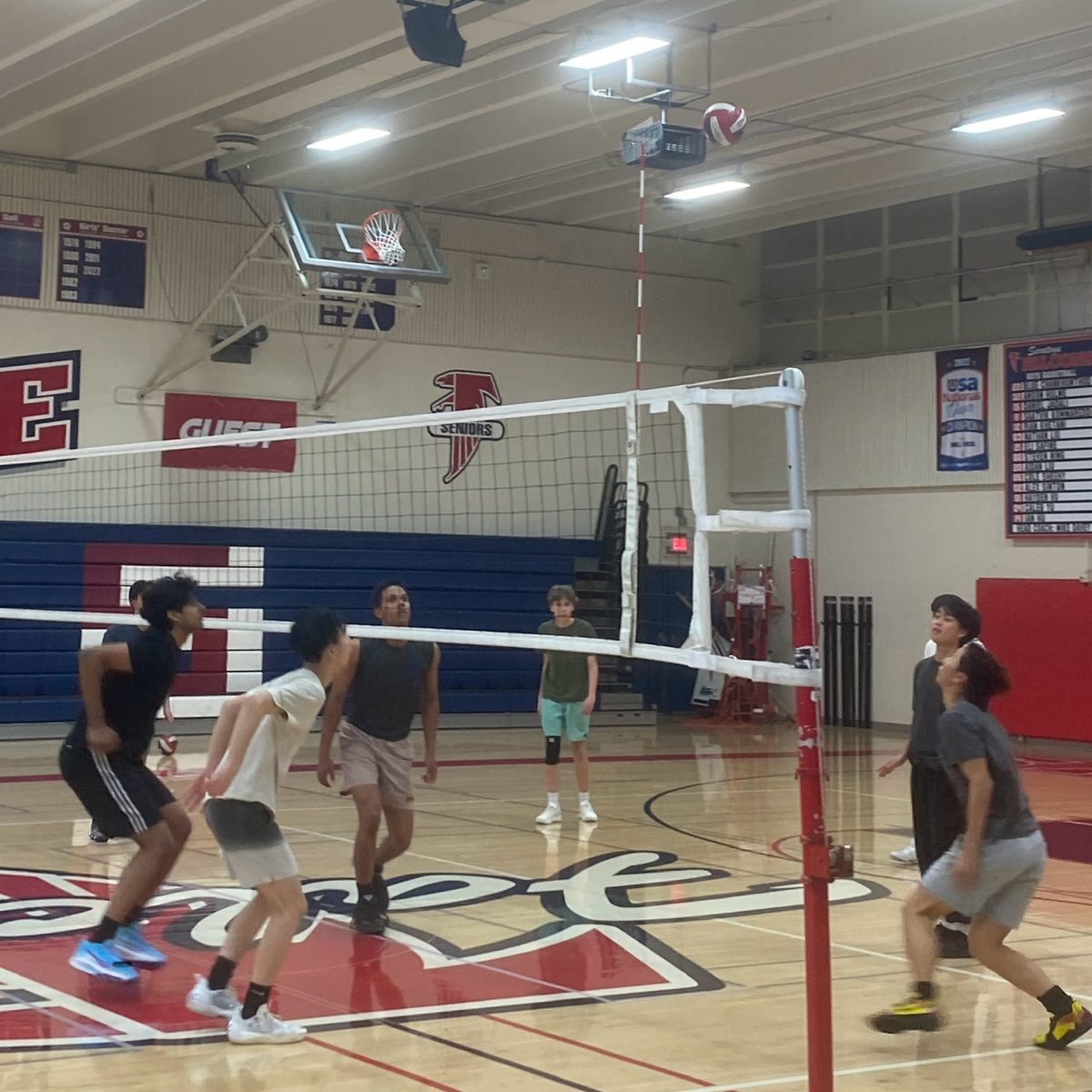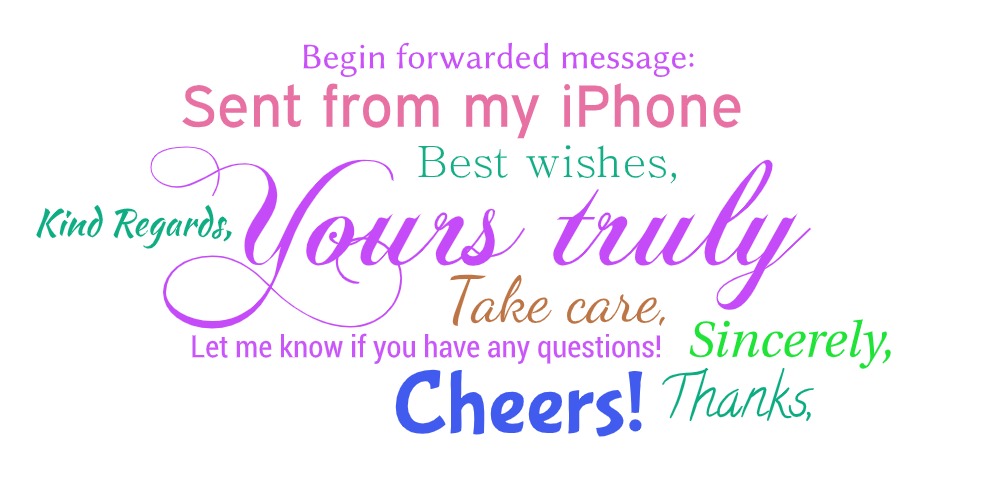Is the test hard? What’s on the test? Is this problem on the test? What was the answer to that one? Do I have to study this?
Many high schoolers have either asked or answered these kinds of questions, prompting the dilemma about whether to discuss test questions or give hints to friends in different periods. While many may believe this isn’t a problem because they are helping out a friend in need, offering such help is clearly unethical.
By giving answers to tests, students give their peers an unfair advantage. Also, they could hurt that person’s learning by creating a dependency on cheating rather than studying.
In addition, people could hurt their own grade by lowering the curve on the test (if one exists). Perhaps worst of all, if the students are caught by teachers, both will receive 0’s on their tests and be reported to administration. So why take the risk?
Instead, when other students ask about a test, indicate whether it was hard or easy, because that is all you can say without giving an unfair advantage. Even if someone keeps persisting, stick with saying “it was difficult for me” or “it was a breeze for me” and do not divulge details or reveal the exact problems.
When someone asks whether a certain topic is on the test, that is the hard part. It’s often difficult to figure out what to tell them because you don’t want to jeopardize the friendship by refusing to help. The easiest and most risk-free option is to tell them that you don’t really remember and they should study it just to be safe. This way, you are not misleading them or giving them an unfair advantage.

























